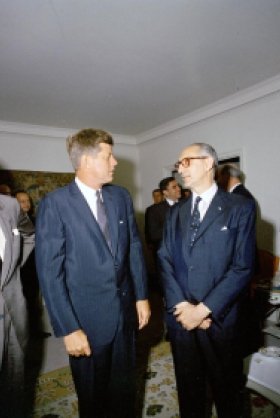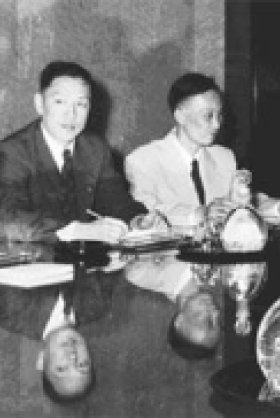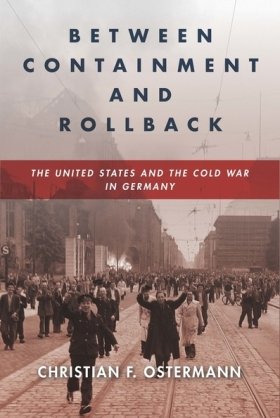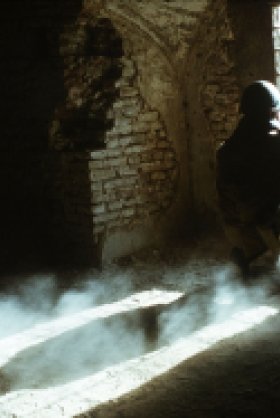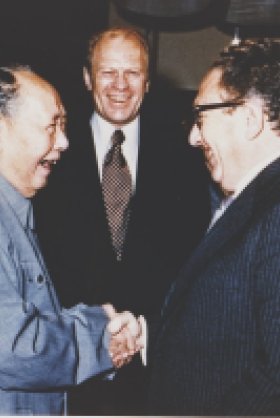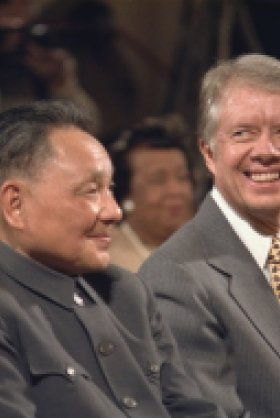New Working Paper #46: "Moscow's Surprise: The Soviet-Israeli Alliance of 1947-1949" by Laurent Rucker
CWIHP is pleased to announce the publication of Working Paper No. 46,
"Moscow's Surprise: The Soviet-Israeli Alliance of 1947-1949," by Laurent
Rucker, lecturer at L'Institut d'études politiques de Paris (Sciences-Po).
Rucker's carefully documented analysis draws on a large body of Russian
archival records to illuminate when, why, and how Moscow's foreign policy
during the early years of the Cold War took the surprising turn of support
for the creation of a Jewish state in Palestine. Rucker concludes that
Moscow's unexpected alliance with the Zionist movement can be explained by
geopolitical and ideological factors. Having been virtually absent from the
Mediterranean basin and the Near East since 1917, the Soviet Union as early
as 1943 began to believe that supporting the Zionist cause would assist it
to gain a foothold in the region. Such a policy would weaken the British
position in the area, exacerbate American/British tensions, and enhance the
status of the Soviet Union among Jews around the world. As a consequence,
from 1947 to 1949, the Soviet Union provided essential political, military,
and demographic support for the Zionist movement. The collapse of the
alliance by 1949 was a consequence of Soviet internal factors more than of a
new strategy in the Middle East, which would only be formed in 1955 through
rapprochement between Khrushchev and Egyptian president Abdul Nasser.
Download CWIHP Working Paper #46 and other Working Papers by clicking here.
Related Program

Cold War International History Project
The Cold War International History Project supports the full and prompt release of historical materials by governments on all sides of the Cold War. Through an award winning Digital Archive, the Project allows scholars, journalists, students, and the interested public to reassess the Cold War and its many contemporary legacies. It is part of the Wilson Center's History and Public Policy Program. Read more
